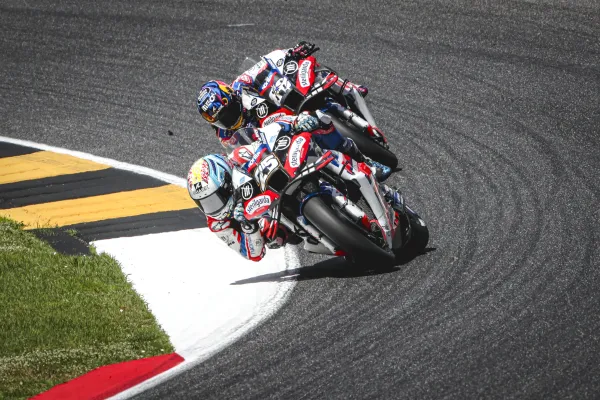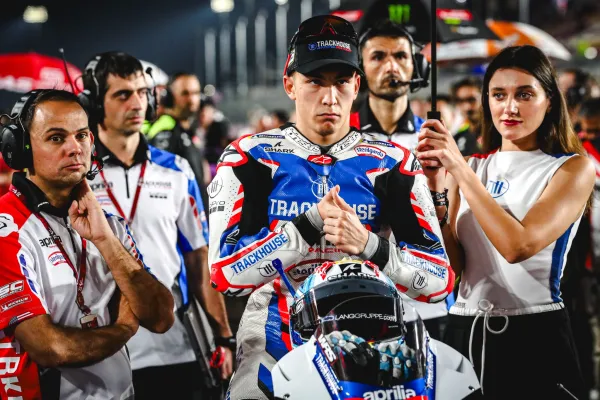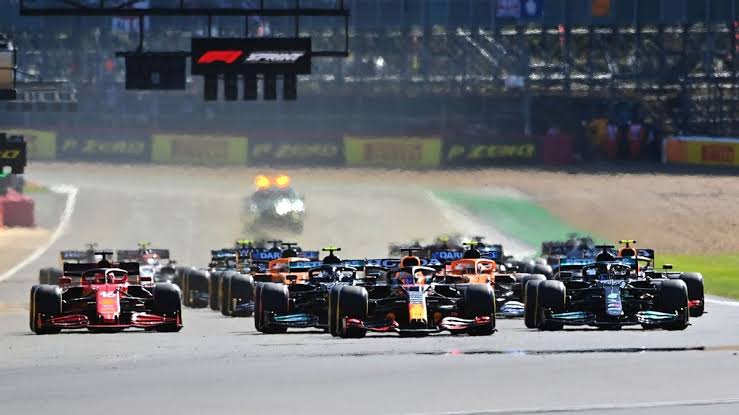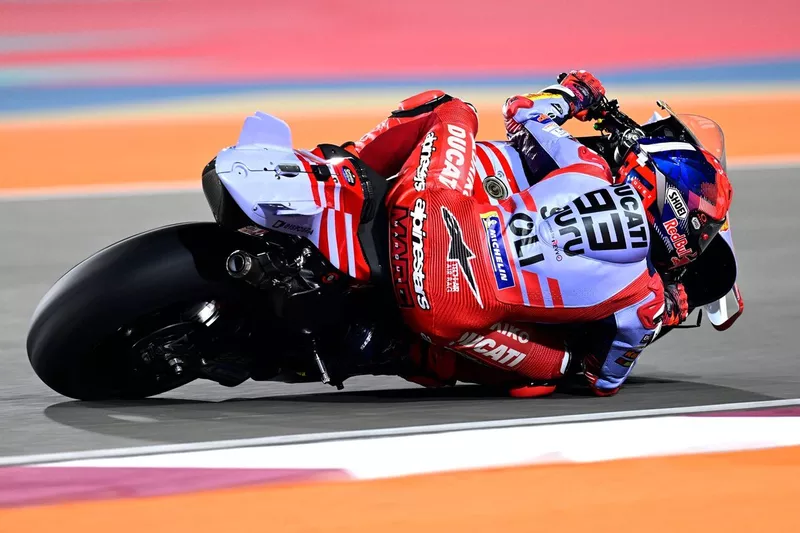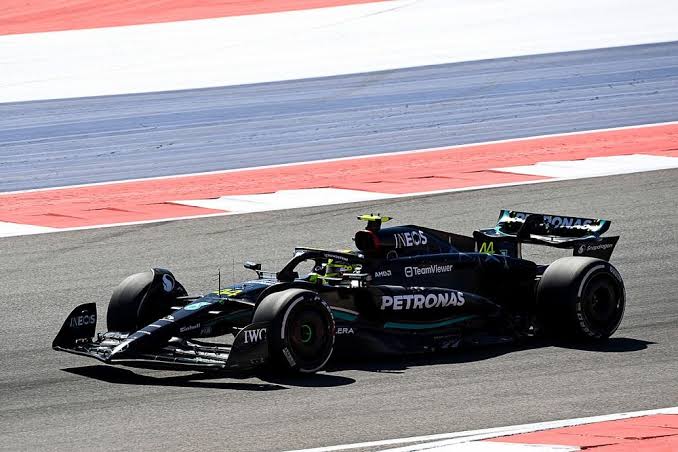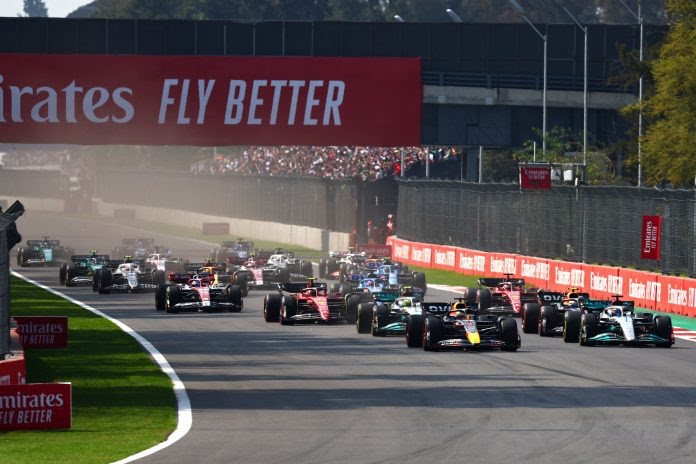The Digital Frontier In Motorsport: How F1 Is Leading The Way With VR Innovation
The world of motorsport, and in particular Formula 1 (F1), has long been at the forefront of technological innovation. F1 has, over the decades, evolved from a purely mechanical sport into a technological tour de force, in which fractions of a second count for everything. The latest frontier in this technological innovation is the use of Virtual Reality (VR) and other digital technologies. In this article, we explore how F1 is leading the way in VR innovation, revolutionizing the sport and the fan experience forever.
Introduction to F1’s Technical Revolution
F1’s success has been marked by its innovation in terms of technology. Whether through new materials and aerodynamics or sophisticated engine design, F1 teams have continually pushed the boundaries of what is possible. But the recent focus on digital technologies, and in particular VR, marks a specific shift towards an immersive and interactive model of both driver training and fan engagement.
The Application of VR in Driving Lessons
VR has also become an essential element in F1 driver training. With the latest VR systems, drivers can immerse themselves in hyper-realistic simulations of racing tracks, including precise details of every elevation change, turn, and braking zone. This allows them to mentally prepare for races as well as practice their techniques without having to physically drive the car.
Main Advantages of VR in Driver Education:
Realistic Simulations: VR provides drivers with an opportunity to train on exact replicas of race tracks, allowing them to familiarize themselves with every detail.
Strategic Practice: Drivers can rehearse a number of different race scenarios, such as varying weather conditions, pit stop strategies, and passing maneuvers, enhancing their decision-making abilities and reaction times.
Cost and Safety: VR training reduces the need for physical track time, saving resources and minimizing the risk of accidents during practice.
Examples of VR Systems in F1
Mercedes-AMG Petronas and Red Bull Racing are two of the teams that are leading the way in the utilization of VR technology. They have custom-built VR systems that include telemetry from real races, which makes the experience highly realistic. Drivers can wear VR headsets and actually “drive” tracks virtually, getting to know every detail of every track.
The Impact of AI and Mixed Reality
Beyond VR, the convergence of Artificial Intelligence (AI) and Mixed Reality (MR) is also transforming the motorsport world. AI is enhancing car design and performance modeling, and MR is delivering a blend of physical and virtual worlds where more subtle driver and car setup refinements can be achieved. The combined technology enables teams to develop more precise virtual models of their cars, or “virtual twins,” that can significantly improve performance while reducing costs.
Enhancing Fan Engagement through VR
As VR is transforming driver training, it is also set to transform the fan experience. The integration of VR with broadcasting and fan engagement platforms is delivering a new level of immersion. Fans are now able to view races in 360°, making them feel like they are right there. The technology gives viewers control of the vantage point, allowing them to move around the track and the environment in real time.
VR in F1 Broadcasting:
360° Viewing: Race viewing from different angles for a more interactive and dynamic experience for the spectators.
Interactive Features: Future advancements can be observed in the form of interactive features, i.e., selecting specific objects on the track to show additional information, such as augmented reality (AR) integrations.
Lenovo’s ThinkReality VRX Initiative
Lenovo’s collaboration with F1 in developing the ThinkReality VRX project is another example of enhancing fan engagement through VR. As part of this project, fans in the Paddock Club can experience a VR F1 mini-game, in which they get to drive a virtual F1 car on iconic tracks like Suzuka and Austin. The experience is designed to be entertaining as well as educational, and it shows the promise of VR technology in motorsport.
The Future of VR in Motorsport As VR technology is constantly evolving, its application in motorsport can only increase. From enhanced driver training to immersive fan experiences, VR is poised to revolutionize the sport. More sophisticated AR integrations, allowing fans to engage with race telemetry in real time, and further advancements in virtual twin technology, allowing for even more precise car setup and race strategy, are all potential future advancements.
Case Studies: F1 Success Stories
Mercedes-AMG Petronas: Mercedes has been at the forefront of VR adoption, and they make extensive use of it in both vehicle development and driver training. Their VR setups allow drivers to practice racing under various conditions, which improves their performance and adaptability.
Red Bull Racing: Red Bull has also invested heavily in VR technology, using it as part of their driver training programs. This has allowed their drivers to gain a competitive edge by being able to practice tricky maneuvers in a virtual environment.
McLaren Racing: McLaren has been exploring the use of VR in fan experience, offering immersive experiences that allow fans to explore their cars and racing environments in detail.
Challenges and Opportunities
Despite the numerous benefits of VR, there are challenges to its widespread acceptance. VR systems can be costly to create and implement, and it needs to be ensured that they are well integrated with existing technologies. These challenges are by far outweighed by the opportunities offered by VR. As VR technology becomes less costly and more mainstream, it will be incorporated into motorsport as a central part of both performance and fan experience.
Additional Insights: The Broader Role of VR in Motorsport
The influence of VR in motorsport is not restricted to F1. Other racing series, like IndyCar and NASCAR, are also exploring VR for driver training and fan experiences. This widespread uptake highlights the potential for VR to transform the motorsport industry as a whole, enhancing performance, safety, and viewer experience all around.
Future Developments: Emerging Trends in VR Technology
As VR technology continues to evolve, several emerging trends are going to shape its future in motorsport:
Improvements in VR Hardware: Upcoming updates to VR headsets and controllers will enable VR experiences to be more realistic and interactive, making them even more effective in driver training and fan experience.
Integration with AI and Machine Learning: VR’s integration with AI and machine learning will enable more sophisticated simulations and data analysis, which will further optimize car performance and racing strategies.
Cloud-Based VR Solutions: Cloud-based VR solutions will make it possible for teams and supporters to view VR experiences from any location, reducing costs and promoting accessibility.
AR and MR Integrations: AR and MR technology integrations will provide a seamless blend of physical and digital worlds, enhancing driver training along with fan experiences.
Conclusion: The Future of Motorsport
The advent of VR technology in F1 is a landmark in the history of motorsport. As VR technology evolves and becomes ubiquitous, it will play an ever larger role in the future of racing. From enhancing driver training to generating immersive fan experiences and building new broadcasting techniques, VR can revolutionize the sport, making it more engaging, interactive, and technologically sophisticated than ever before.
Final Thoughts: The Digital Frontier in Motorsport
The motorsport virtual frontier, led by advancements in VR, AI, and MR, is transforming the sport in ways that were previously inconceivable. As technology continues to evolve, it will be fascinating to see the impact that these changes will have on not just F1 but the broader motorsport world. From enhanced performance and safety to more immersive fan experiences, the future of motorsport is undoubtedly digital, and VR sits at the heart of this revolution.





